ACCA F1 Accountant in Business - 2010 - Study text - Emile Woolf Publishing
Подождите немного. Документ загружается.

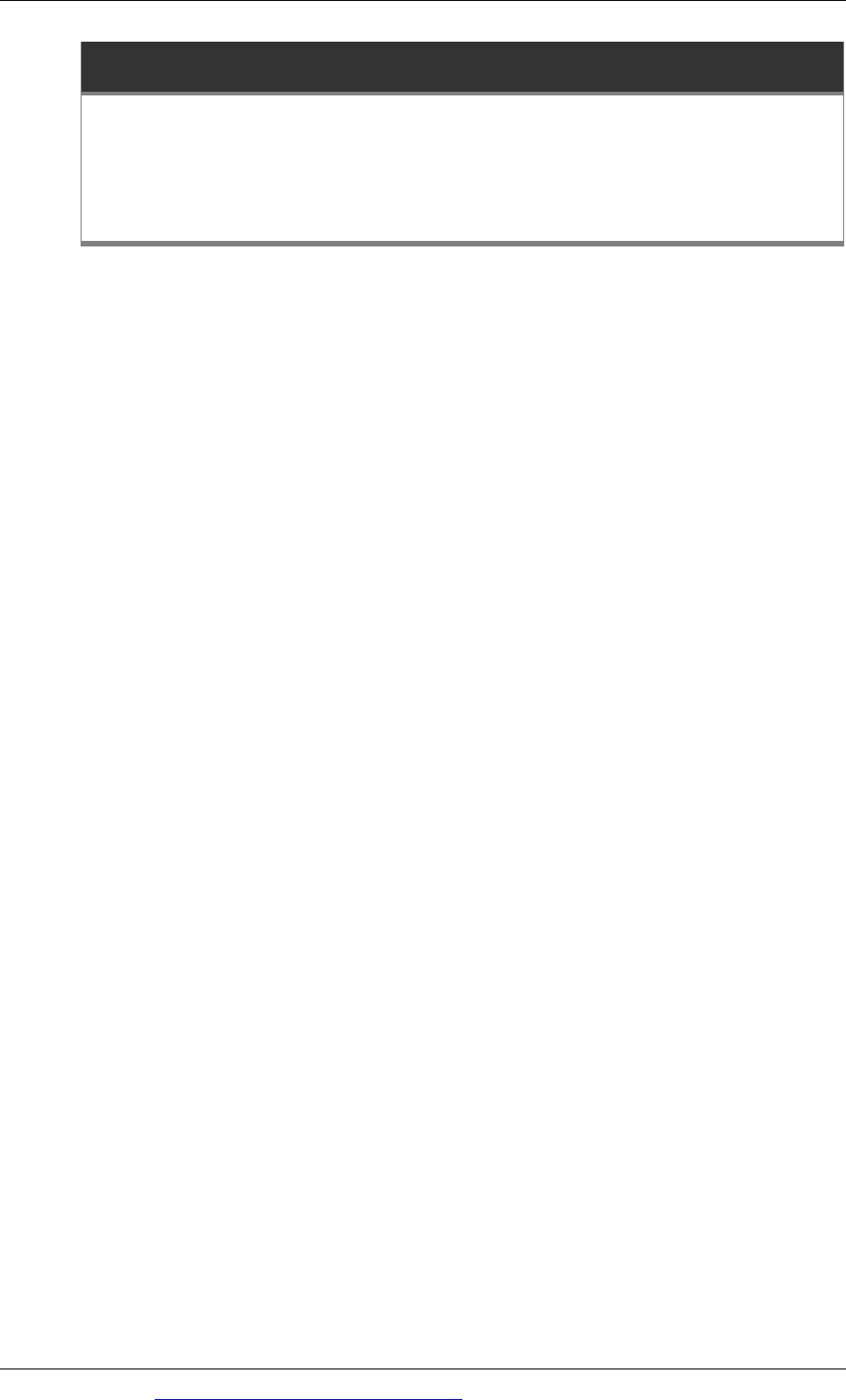
Chapter 10: Recruitment and selection
© EWP Go to www.emilewoolfpublishing.com for Q/As, Notes & Study Guides 335
The selection interview
Purpose of the selection interview
Key skills needed for selection interviewing
Reasons for ineffective interviewing
The importance of interviewing in the selection process
8 The selection interview
8.1 Purpose of the selection interview
The selection interview is a formal procedure in which one or more people from the
organisation ask questions to an applicant for a job. The purpose of the selection
interview is to:
assess whether the applicant is suitable for the job
make sure that the applicant understands the nature of the job and (if
appropriate) the further career opportunities it might offer
compare and rank in order of preference all the candidates who have been
interviewed and are considered suitable for the job.
Some interviews might end with the interviewer offering the job to the applicant, and
discussing terms of employment (such as salary and starting date). However, in a formal
selection interview process, the employer will interview all the applicants before making
a decision, and will then notify the chosen candidate by letter (or possibly telephone).
It should also be an aim of the interviewers to make the applicants feel that they
have been treated fairly in the interview, and have been given an opportunity to
show their motivation, interests and abilities.
In order to assess whether each candidate is suitable for the job, and to rank suitable
candidates in order of preference, the interviewers must also use the interview to:
confirm some of the information in the candidate’s application form, and obtain
additional details
assess the candidate’s personality and motivation
assess the candidate’s experience and understanding of the work
discuss any relevant factors in the candidate’s circumstances that might affect
his or her ability to do the work. For example, the candidate might live in a place
that would make getting to and from work difficult.
8.2 Key skills needed for selection interviewing
To conduct selection interviews successfully, and use the results of interviews to
identify the best candidate for a job, an individual needs skills in:

Paper F1: Accountant in business
336 Go to www.emilewoolfpublishing.com for Q/As, Notes & Study Guides © EWP
communication, so that an interviewee understands the questions that he or she
is being asked in the interview
listening: an interviewer must listen to the answers that an interviewee gives, in
order to assess properly what the interviewee is trying to say. (Unfortunately,
some individuals are poor listeners!)
understanding character and personality: an interviewer must be able to assess
the answers that an interviewee gives, to obtain an insight into his or her
personality and character
knowledge of the job itself: an interviewer must know something about the job
that the applicants are applying for, in order to assess the potential ability of
each applicant to perform well in the job.
When the selection process includes testing, the interviewer must also have skills in the
interpretation of test results – or must be able to take advice from experts on test results.
Preparation
A good interviewer is also well-prepared for the interviews. He or she should have
studied the application forms of the candidates before the interview, and should
prepare questions in advance. The planned questions may differ for each candidate.
The aim of the questions should be to find out the information that the interviewer
needs to make a proper and fair assessment of the candidate.
The interviewer may ask additional, unplanned questions during the interview.
However, by planning questions in advance, the interviewer knows what
information he or she is looking for, and can check before the interview is finished
that it has all been obtained.
In order to plan suitable questions, the interviewer must have a clear idea about:
the job that the candidates have applied for, and the nature of the work
the qualities that the successful candidate will need to do the job well
the type of person that the successful candidate is likely to be (for example,
whether the successful candidate should have strong motivation and career
ambitions).
Ability to make assessments and comparisons
A successful interviewer also needs the ability to:
make sensible assessments of the abilities and potential of each candidate, in
order to decide whether the candidate is suitable for the job, and
compare the strengths and weaknesses of the candidates, and rank suitable
candidates in order of preference.

Chapter 10: Recruitment and selection
© EWP Go to www.emilewoolfpublishing.com for Q/As, Notes & Study Guides 337
8.3 Reasons for ineffective interviewing
The purpose of a selection interview is to identify the best candidate for the job and
to appoint that candidate. Interviewing is ineffective if it fails to achieve this end-
result. Ineffective interviewing may therefore result in:
a failure to identify any suitable candidate at all
choosing a candidate for the job who is unsuitable
choosing a candidate for the job who is not the best among all the candidates
who are interviewed
offering the job to a candidate who then rejects the offer.
Ineffective interviewing may therefore result in either poor selection or failing to
persuade the chosen candidate that the job is worth having.
Some of the possible reasons for ineffective interviewing are suggested below.
Poor selection
Rejection of the job offer by the
candidate
Poor short-listing of candidates from
those submitting an application form.
The candidate does not feel comfortable
in the interview and develops an
adverse opinion of the organisation.
Interviewers are untrained and
unskilled in interview techniques.
The candidate decides that he or she
does not want the job because the job is
not what he or she had thought it was.
Interviewers do not prepare for the
interview, or do insufficient
preparation. Consequently not all the
relevant and important questions are
asked.
The interviewer fails to ‘sell’ the job to
the candidate, and the candidate
prefers to take a job with a different
employer.
There is poor communication between
the interviewer and the candidate
during the interview.
The interviewer is influenced by ‘first
impressions’, such as the dress and
appearance of the candidate, or the
candidate’s manner of speech.
The interviewer, consciously or
unconsciously, is prejudiced in favour
of or against particular candidates.
The interviews are too short, and there
is not enough time to conduct them
properly.
Comparing face-to-face interviews and panel interviews
Face-to-face interviews are interviews of a candidate by just one person: this is a
common type of selection interview.

Paper F1: Accountant in business
338 Go to www.emilewoolfpublishing.com for Q/As, Notes & Study Guides © EWP
With a panel interview, there are two or more interviewers – sometimes as many as
five or six, or even more. Panel interviews are commonly used in selecting for senior
management positions.
Each of these types of interview has its benefits, but also its weaknesses.
Face-to-face interviews Panel interviews
Strengths Strengths
In a one-to-one interview, the candidate
is usually able to feel more comfortable
and so is able to talk more freely.
The differing views and opinions of the
interviewers are shared, so that they
can agree on the candidate for the job.
There is less risk of bias.
They are easier to organise than panel
interviews, because there is just one
interviewer who has to find the time to
do the interviews.
Weaknesses Weaknesses
There is just one interviewer, whose
views might be subjective and biased.
The interviewers might disagree about
who is the best candidate.
When there is just one interviewer,
some important questions might be
forgotten
One of the interview panel might
dominate his or her colleagues.
8.4 The importance of interviewing in the selection process
Interviewing is an important part of the selection process because it is the final stage
in the process, before a selection decision is made. Interviews are also important
because:
the employer is able to take a good look at each short-listed candidate, and
each candidate is able to find out more about the employer, the job and the
career prospects.
This two-way communication cannot be achieved with application forms and
selection testing.
Since the selection interview has an important influence on the selection decision, it
is important that interviewing should be effective:
If the interviewers fail to identify a suitable candidate, the job will remain vacant
and the selection process must start over again.
If the interview results in the selection of unsuitable candidates, the problem will
become apparent after the successful candidate has been appointed. Eventually,
the new employee may be dismissed or may decide to resign.
If the interview results in failing to select the best candidate, or in a rejection of
the job offer by the best candidate, the successful candidate will be ‘second best’.
The best individuals will presumably go to work for other organisations,
possibly competitors.
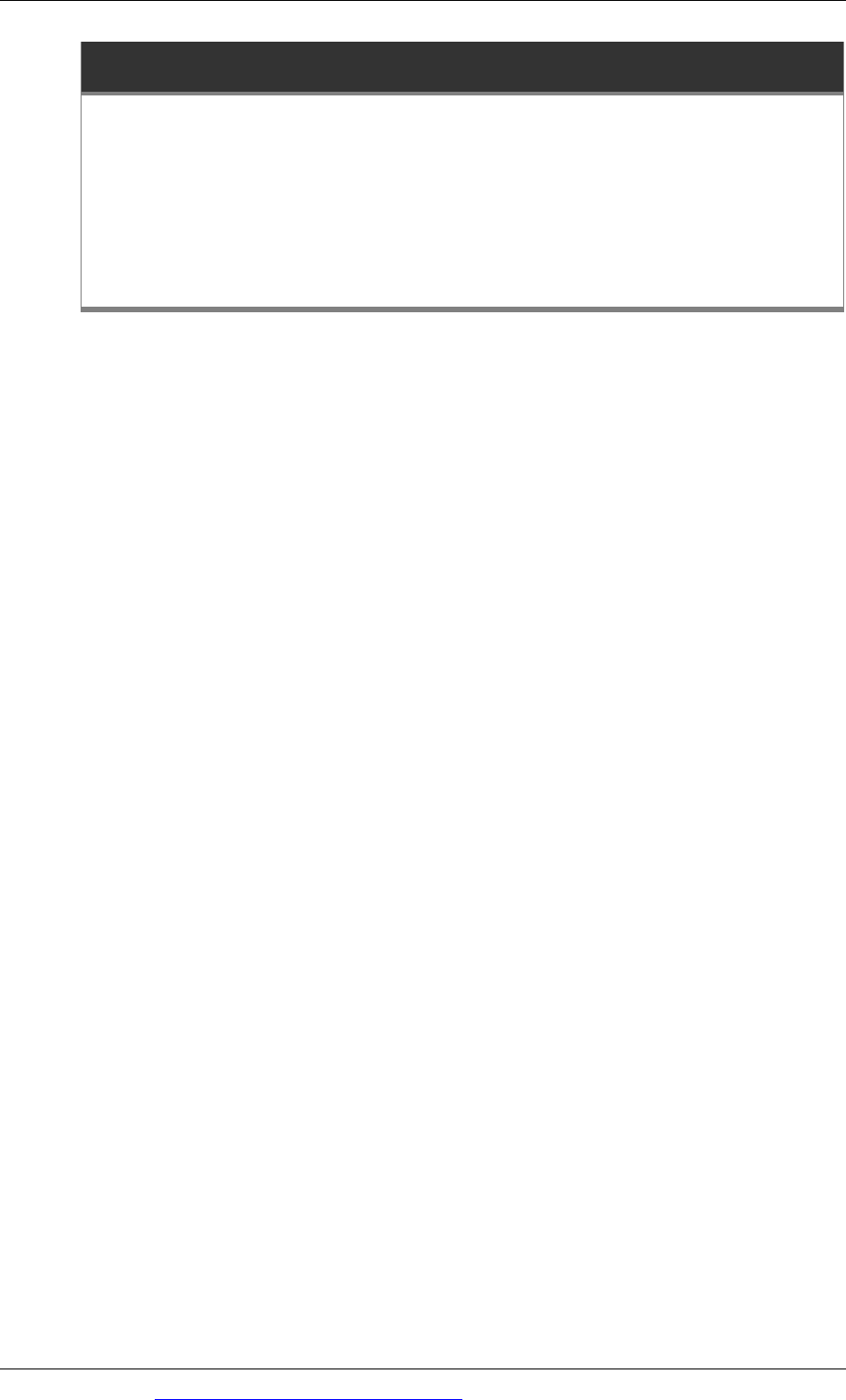
Chapter 10: Recruitment and selection
© EWP Go to www.emilewoolfpublishing.com for Q/As, Notes & Study Guides 339
Equal opportunities and the management of diversity
The nature of equal opportunities
Discrimination
Anti-discrimination policies
Equal pay and equal value
Equal opportunity legislation
Managing diversity
9 Equal opportunities and the management of diversity
9.1 The nature of equal opportunities
The employees in an organisation have a wide variety of different learning
experiences, attitudes and perceptions. They also have varied personalities and
come from different racial and cultural backgrounds. A well-managed organisation
should be able to combine the varied talents of its different employees, from all
backgrounds, to develop its business successfully. However, the differing
backgrounds and characteristics of the work force can become a problem, and the
organisation may suffer from discrimination.
‘Equal opportunities’ refers to the general principle that every individual should
have the same opportunity to make the best of their abilities at work. They should
not suffer discrimination from their employer on grounds of social, economic,
cultural or other factors.
‘Equal opportunities’ is therefore the idea that everyone in an organisation should
have an equal opportunity to:
apply for jobs in the organisation
be selected for jobs for which they apply
receive training
achieve promotion
be treated fairly at work
have their employment terminated fairly, when termination becomes necessary.
The idea of equal opportunities is also that employers should discriminate between
employees and applicants for jobs only on the basis of:
ability
experience, and
potential.
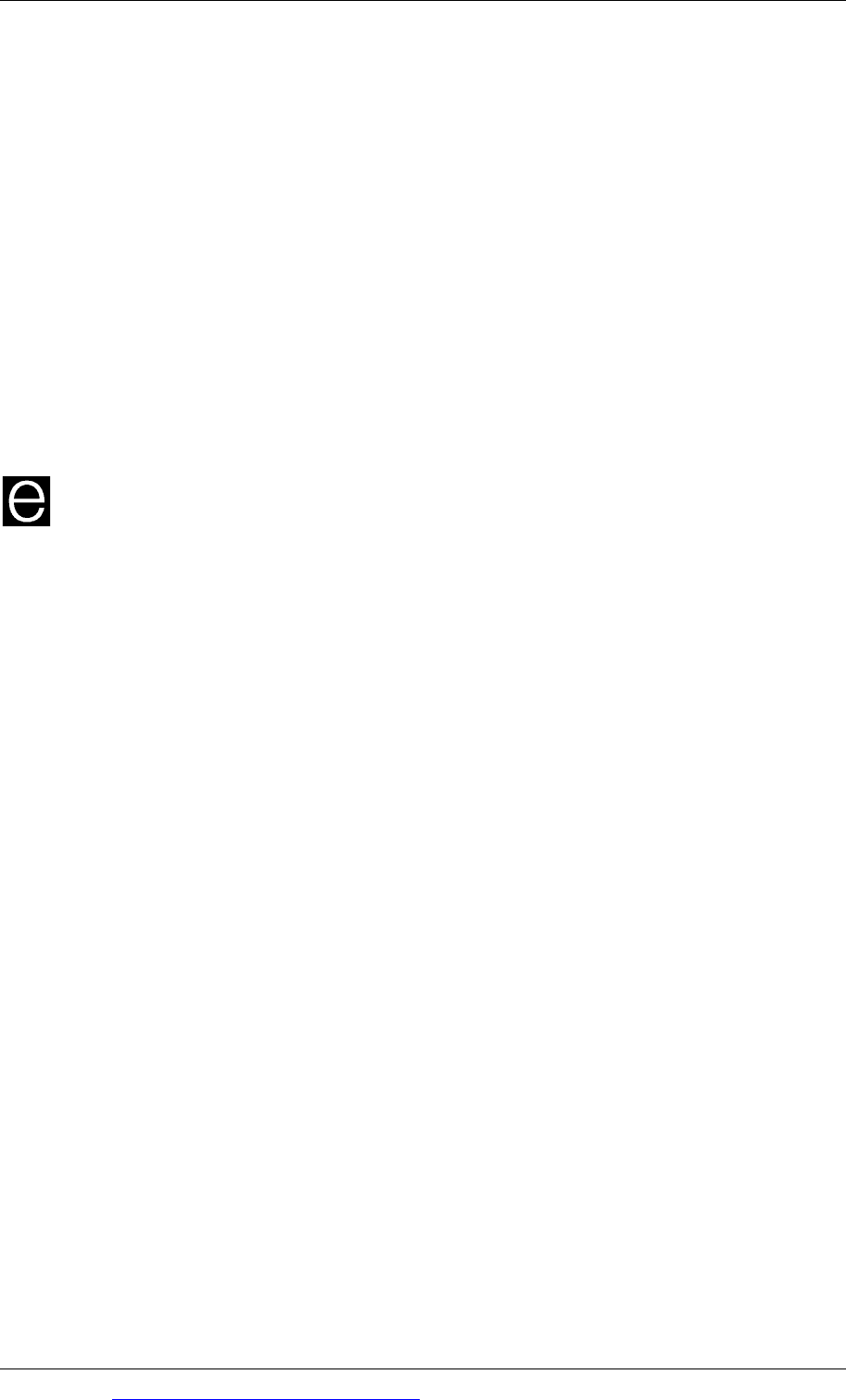
Paper F1: Accountant in business
340 Go to www.emilewoolfpublishing.com for Q/As, Notes & Study Guides © EWP
In their treatment of employees, organisations (and their managers) should have no
regard to differences of sex, race or culture, disability, religious beliefs, age or
marital status.
9.2 Discrimination
Discrimination against individuals might be on the grounds of:
sex (and sometimes marital status)
race or cultural background
disability
religious belief
sexual orientation
age.
Example: sex discrimination
When discrimination occurs on the grounds of sex, an employer usually treats a
woman less favourably than a man. (There have been cases involving discrimination
against men and in favour of women, but these are fairly unusual.) Examples of
discrimination on the grounds of sex include:
consistently selecting a man to fill a job vacancy in preference to a woman
giving promotion to a man rather than to a woman who is better qualified
paying men a higher wage or salary than women for the same or similar work.
Types of discrimination
Discrimination can also be classified as:
direct discrimination
indirect discrimination
victimisation.
Direct discrimination is treating an individual more or less favourably than others,
on the grounds of sex, race, religious beliefs, disability, and so on. For example, a
woman might be dismissed when she gets married: this would be an example of
direct discrimination on the grounds of marital status. Similarly, an individual
might be overlooked for promotion because he has a speech impediment: this
would be direct discrimination on the grounds of disability.
Indirect discrimination occurs when the same conditions for selection, training, and
promotion apply to all employees, but one type of employee has a much better
chance of meeting those conditions than another type. For example, an organisation
that expects all its managers to work long hours and at weekends is probably
discriminating against women, because many more women than men have
domestic and family responsibilities that prevent them from working long hours
consistently. Similarly, an employer is guilty of indirect discrimination if it

Chapter 10: Recruitment and selection
© EWP Go to www.emilewoolfpublishing.com for Q/As, Notes & Study Guides 341
advertises a job vacancy, stating that the selected applicant will be at least 1.9 metres
tall and will have been in continuous employment for at least four years. This
would indicate a clear preference for a man rather than woman.
Victimisation is discriminating against an individual who has started formal
proceedings or who has been a witness in another discrimination or discipline case
at work. The individual is therefore ignored for training and promotion
opportunities because of his or her ‘act of betrayal’ or ‘whistle-blowing’.
The law on discrimination at work varies between countries. In the UK, direct
discrimination and much indirect discrimination is illegal (details are given later)
and employers are also liable for victimisation of their employees, either by the
employer itself or by other employees.
9.3 Anti-discrimination policies
Organisations might adopt formal policies against discrimination. The purpose of
such a policy is to:
give notice that the organisation will not tolerate acts of discrimination, or a
culture of discrimination
indicate ways in which the anti-discrimination policy should be applied.
Sex discrimination policy
The purpose of a sex discrimination policy is to try to ensure equal treatment for
employees of both sexes in recruitment and selection, training, promotion, pay and
benefits and dismissal.
As part of this policy, managers might be expected to ensure that there is no sexual
harassment of female employees at work by their male colleagues.
Such a policy should also include provisions for equal pay for men and women.
Equal pay is discussed in more detail later.
Race relations policy
Similarly, the aim of a race relations policy should be to ensure equal treatment for
employees in recruitment and selection, training, promotion, pay and benefits and
dismissal, regardless of their race.
Disability discrimination policy
A disabled person is someone who has a physical or mental disability that is both
substantial and long-term in nature, that affects his or her ability to carry out normal
day-to-day activities.
A disability might affect, for example, an individual’s:
mobility (so that he or she is in a wheel chair)
manual dexterity
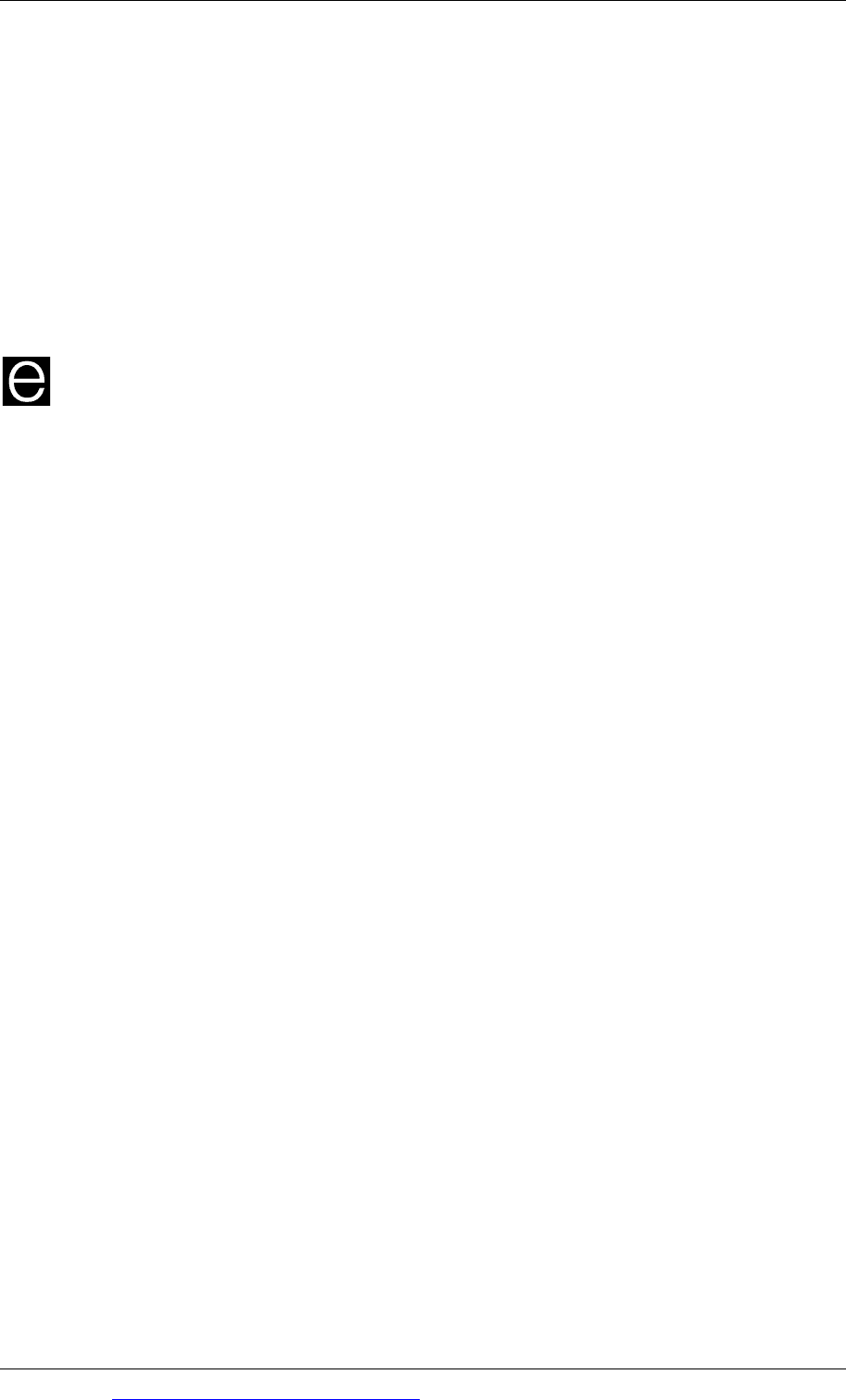
Paper F1: Accountant in business
342 Go to www.emilewoolfpublishing.com for Q/As, Notes & Study Guides © EWP
ability to see, hear or speak
ability to concentrate.
A disability discrimination policy should ensure:
equal treatment in selection, training, promotion and dismissal for disabled
individuals, and also
that the working environment does not contain physical hazards for disabled
people – such as steps preventing people in wheelchairs from entering or leaving
buildings or rooms, or a lack of access by lift to different floors of a building.
Examples: anti-discrimination practices
An organisation with anti-discrimination policies might apply some of the following
practices:
Recruitment. Job advertisements should not discriminate on the grounds of sex.
For example, it would be appropriate to advertise a vacancy for a ‘sales person’
rather than for a ‘salesman’. In some countries, it is illegal for job advertisements
to contain any discriminatory wording or other material.
Selection. Interviewers at selection interviews should avoid questions such as:
‘Do you intend to get married and have children soon?’ (sex discrimination), or
‘Are you able to work on religious holidays?’ (discrimination on the grounds of
religious belief).
Management responsibility for preventing harassment. Managers should be
made directly responsible for preventing harassment of employees for whom
they have responsibility. For example, they must prevent (or punish) lewd,
insulting or threatening behaviour by employees to female colleagues, or
colleagues from a different racial background.
Applying policies for selection, training and promotion based strictly on the
ability, experience and potential of employees.
Applying an equal pay policy (see below).
9.4 Equal pay and equal value
The concept of equal pay is that women and men should receive equal pay for ‘like
work’, or ‘equal value’ or the same ‘work equivalent’. Paying women less than men
for work of an equivalent nature or value is an example of sex discrimination.
‘Like work’ is work of a broadly similar nature. There is no difference in practice
between the tasks performed by men and the tasks performed by women. An
example of ‘like work’ is the work done by men and women book-keepers in the
accounts department, and the work done by men and women traffic wardens.
‘Equal value’ and ‘work equivalent’ describes work of a different nature, but
where each job provides equivalent value to the organisation. The concept of
‘equal value’ is to prevent organisations from paying low wages for one type of
job that is mainly done by women and higher wages for other jobs that are done
mainly by men.
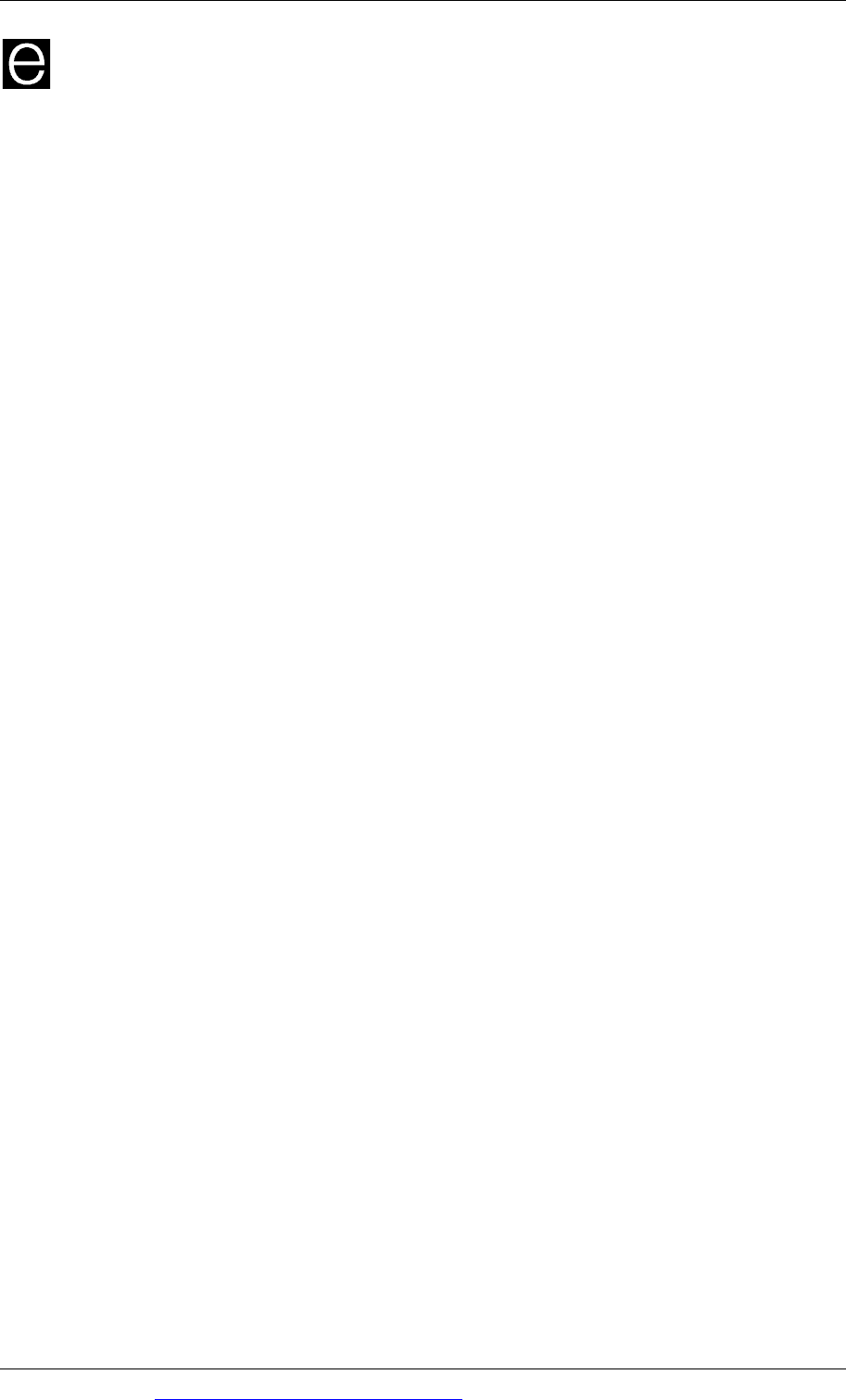
Chapter 10: Recruitment and selection
© EWP Go to www.emilewoolfpublishing.com for Q/As, Notes & Study Guides 343
Example
A company manufacturing cotton towels employs women in the weaving
department, where the towels are woven, and men in its warehousing department,
where the towels are stored and then despatched to customers.
If there is sex discrimination, the women weavers would be given low wages
and the male warehouse staff would be paid much more.
If the company has an equal pay policy, it might assess the different jobs and
calculate their value to the company. There are methods that can be used for
work evaluation, based on a points scoring system. The pay of the weavers and
warehouse staff would then be set according to the relative value they provide to
the company.
When an organisation adopts an equal value policy for pay, it will demonstrate that
its pay structure is free from sexual discrimination.
9.5 Equal opportunity legislation
Management in organisations need to be aware of the laws relating to equal
opportunities and against discrimination in employment. Equal opportunity
legislation varies between different countries, but in many countries there are
provisions in employment law against unfair discrimination by employers.
Employers failing to comply with the law might have to pay large amounts in
damages or fines for unfair discrimination.
The notes that follow use UK legislation as an illustrative example. In the UK,
employees who believe that they have been the victims of unfair discrimination are
able to take their case to an employment tribunal. If the tribunal considers that the
employer has been guilty of illegal discrimination, it may award damages, payable
by the employer to the individual.
Sex discrimination legislation
The UK has equal pay legislation, requiring women to receive the same pay as men
for the same work. The UK also has a Sex Discrimination Act that makes it illegal for
an employer to discriminate against individuals on the grounds of sex or marital
status. However, it is often difficult for a woman to prove discrimination, and that a
man has been preferred for a job vacancy on the grounds of his sex/gender, or that
a man has been offered a higher salary for the same work.
The law might also recognise discrimination on the grounds of sex when a woman
is subjected to harassment from male colleagues at work.
Race
Discrimination against individuals on the grounds of race, like discrimination on
the grounds of sex, is illegal in the UK, but is often difficult to prove in specific
cases.

Paper F1: Accountant in business
344 Go to www.emilewoolfpublishing.com for Q/As, Notes & Study Guides © EWP
Disability
In the UK, it is illegal for an employer to discriminate against individuals due to the
fact that the individual has some form of physical or mental disability. Disability is
different from other areas of discrimination such as sex and race, because employers
are required by law to make reasonable adjustments to the work environment and
working arrangements to prevent disabled people from being placed at a
disadvantage.
Religious belief
In the UK, a law was introduced in 2003 against discrimination on the grounds of
religious belief. Employers are now required to deal seriously with requests from
employees to accommodate their religious belief. Since the new law came into force,
one employee (a Christian) successfully appealed to a tribunal against a decision by
her employer to alter her work rota so that she had to work on Sundays, which
prevented her from attending church. In another case, an employee (a Muslim)
successfully appealed against a decision by his employer to suspend him for taking
extended leave to make a pilgrimage to Mecca, even though he had informed his
employer of his intentions in advance.
Sexual orientation
In the UK, a law was introduced in 2003 against discrimination on the grounds of
sexual orientation. Since the new law came into force, there has been a case
involving a homosexual man successfully claiming unfair discrimination by his
employer on the grounds of sexual orientation. In this case the employment tribunal
awarded substantial damages against the employer and in favour of the individual.
Age
In the UK, a law was introduced from December 2006 making it an offence for an
employer to discriminate against individuals on the grounds of their age.
9.6 Managing diversity
The application of anti-discrimination policies is often seen as a way of preventing
discrimination rather than promoting equal opportunities. The concept of managing
diversity is that an organisation should seek to exploit the differences in learning
experiences, attitudes, perceptions and personalities of all its employees, of both
sexes and of all races, cultures, and religious backgrounds.
Whereas anti-discrimination policies seek to prevent discrimination, a policy of
managing diversity is much more ‘active’, and seeks to ensure that there is a
suitable amount of diversity amongst its managers and workers.
The organisation and its management will actively combat prejudice and
harassment.
The organisation will also have a policy of having the right person in each job,
regardless of sex, race, religious belief, disability and so on.
